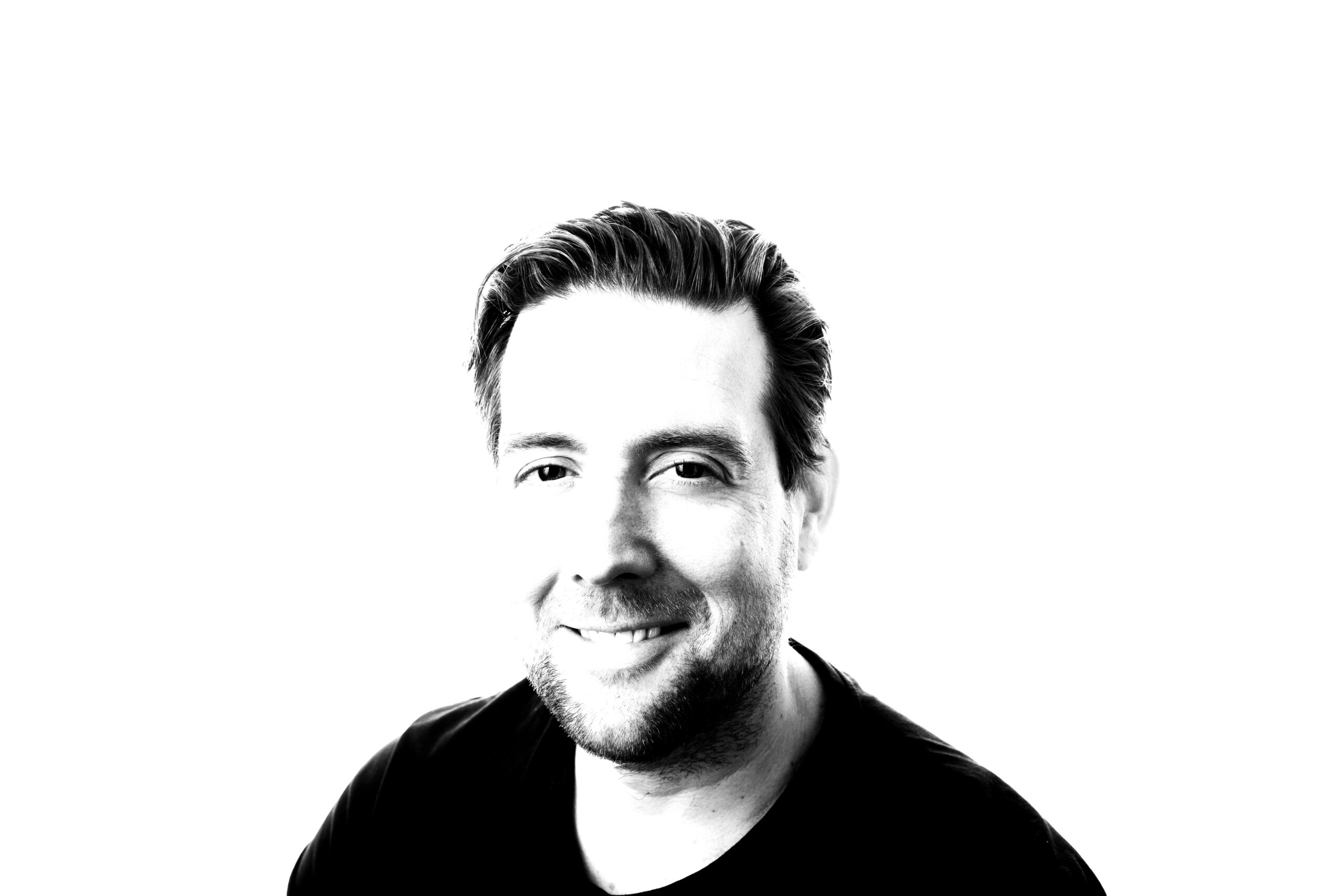Nearly everyone I speak to is nostalgic for the days before the coronavirus and longing to do the things they used to do again. Given the media’s insatiable hunger for glimmers of hope, it was only a matter of time before vitamin D came in for some mainstream attention.
People are all rushing to the chemist to get vitamin D pills
Those who follow the scientific literature saw articles before the summer suggesting a possible link between vitamin D and a Covid-19 infection. Since then, several more studies have been done, throwing up more ‘evidence’ for a relation between vitamin D and better protection against Covid-19, or a milder bout of the disease. So the claim flooded the media this week because everyone is desperate for a cheap, practical and above all, fast solution to the current situation. Any scientific nuance is the first victim in the media, and now people are all rushing to the chemist to get vitamin D pills.
Anyone with a university education or, better still, a PhD, can feel in their bones that certainty about this is still far off. All the ‘evidence’ that has been found so far is only evidence for a hypothesis – the product of what we call hypothesis-generating research. The real proof from controlled trials in large groups has still to be delivered (although such trials are already under preparation). What anyone with an MSc or a PhD knows is this: You might expect a great deal from your trial, but the outcome is rarely exactly what you expected, and sometimes nothing like it at all. The strange feeling when you look at your dataset after a complex experiment, and the data is nothing like what you thought it would be. That feeling lies ahead for the whole of the Netherlands.
Covid-19 has a lot of bad consequences, but one positive bonus is the refresher course in science that everyone in the Netherlands is getting. False positives, false negatives, the difference between PCR and antibody tests… we are all suddenly getting a refresher course in the scientific method. Lesson two will be: however elegant and well-supported a hypothesis may be, it is no guarantee for the outcome of your data.
PS: I’ve never had so many phone calls from friends and family to ask about the difference between mg, mcg and IU in relation to vitamin D as I have just recently. Luckily the Nutrition Centre has an excellent explanation and a table that explains all about the benefits and necessity of vitamin D:
https://www.voedingscentrum.nl/encyclopedie/vitamine-d
Guido Camps (36) is a vet and postdoc in Human Nutrition. He enjoys cooking, beekeeping and unusual animals.

